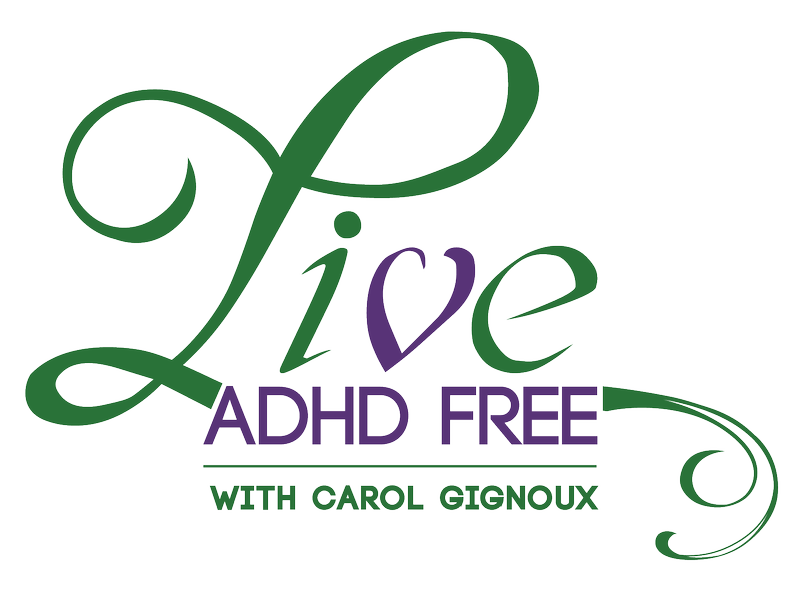Parenting or teaching students with ADHD is no easy task. It takes patience and persistence. It’s not that these students don’t want to learn; it’s just that their innovator brains work differently. They aren’t lazy. They aren’t stupid. They are different. In fact, most with ADHD are highly intelligent. They simply need an approach that works for their brain type.
In our many years of working with ADHD students, we’ve learned a lot about the way they learn. So, we wanted to share some simple strategies to help them.
Be Very Clear About Rules and Expectations
For most kids, they understand rules and expectations from verbal cues. They may only need to hear them once or twice (although, they may still choose to not follow them). ADHD students, however, need more than just to be told what they can and cannot due. Whether a parent or teacher, you should write down those rules and provide them to the student. Also, asking them to repeat them back to you can help.
Provide Immediate Feedback or Consequences
Now that you have documented the rules and worked to ensure they understand them; the breaking of those rules must have swift responses. In that moment, the student needs to comprehend that their actions have consequences. By the way, this doesn’t include screaming or yelling. That won’t work and will only make the student feel worse.
Use Rewards and Incentives Before Punishment
While every student needs to be accountable for their behavior, and punishment is part of growing up, you are likely to make more headway by incentivizing him or her. Focus on what motivates him or her, but it’s also a good idea to change these up, so they don’t become bored.
Allow Frequent Physical Breaks
Kids are movers, and students with ADHD need physical breaks. It’s almost like a release for them. They want to concentrate and sit still, but they have lots of energy. So, let them move around when possible. In the classroom, these students can help pass out materials or erase the chalkboard. At home when you’re helping your kids study, factor in small physical breaks as well.
Limit Distractions
This is, of course, easier said than done. The classroom itself has so much visual stimuli but try to reign in the clutter. At home, create a fresh space for homework. Make sure your student always does their schoolwork in the same place so their brain can learn to switch to work mode. They should be at their desk, never in their bed, and bedroom door must remain open. The best place for homework is not in the bedroom full of distractions but rather in the dining room or near the kitchen where it’s easier for them to focus and concentrate for longer periods of time. Being alone means being distracted.
You can even try a white noise machine, which can actually enhance their focus.
Give Concise, Short Directions
Don’t overload students with a long thesis on how to go about taking care of a task. Start with one- or two-step directions. Much more than that, and they are likely to feel overwhelmed. Simple is better.
Include Touch to Improve Focus
When you are speaking to the student, placing a hand on a shoulder arm can help them stay focused on what you are saying. It’s a grounding technique that can improve the clarity in which they receive communications.
Students with ADHD have a world of potential. They could turn into the greatest minds of their generation. With the right support and assistance, they can thrive. We’re proud to have helped thousands of students find a pathway to success. Feel free to get in touch with any questions or to chat about our student coaching programs.
Will ADHD Affect Your or Your Teen’s College Success?
 College is a completely different world from High School. The level of stress is higher and the level of support can be lower. How well you or your teen manages ADHD symptoms and behaviors in this new environment can lead to college success, struggle, or failure. Take the ADHD and College Success Quiz to find out whether your or your teen’s ADHD management is at the level it needs to be to reach college success goals.
College is a completely different world from High School. The level of stress is higher and the level of support can be lower. How well you or your teen manages ADHD symptoms and behaviors in this new environment can lead to college success, struggle, or failure. Take the ADHD and College Success Quiz to find out whether your or your teen’s ADHD management is at the level it needs to be to reach college success goals.

